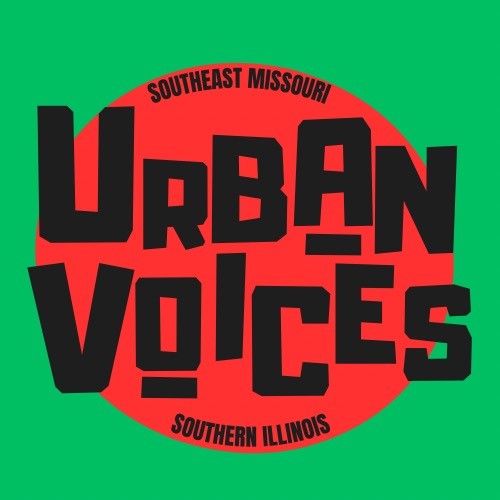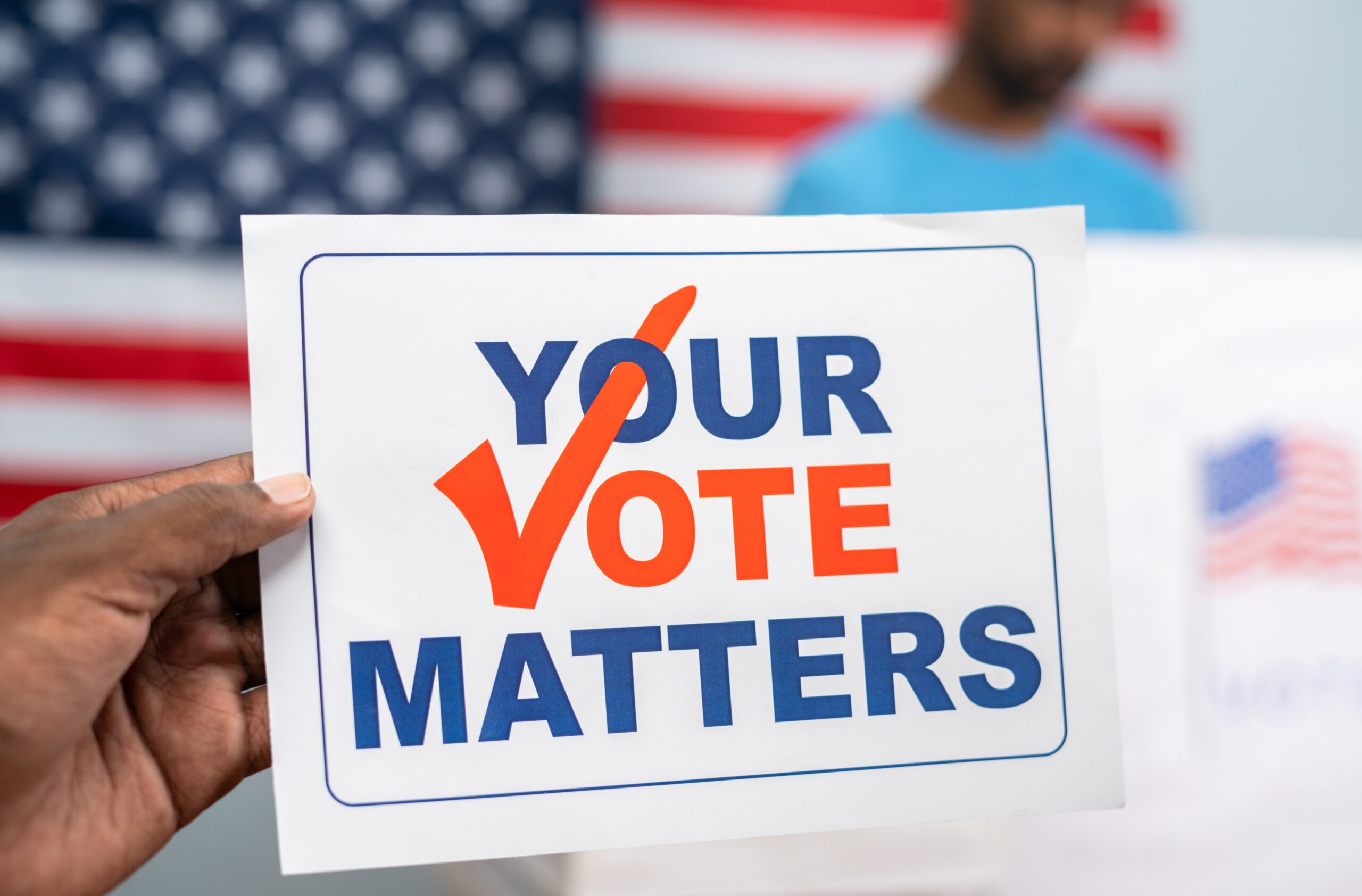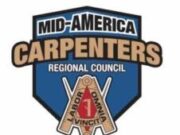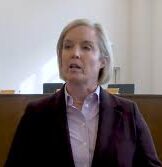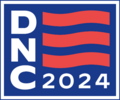Mayor Stacy Kinder State of the City Address 2024
State Leaders Highlight Progress and Challenges at Cape Girardeau Community Luncheon
Cape Girardeau, Missouri
In a landmark gathering, Missouri Governor Mike Parson joined Cape Girardeau Mayor Stacy Kinder and Southeast Missouri State University President Carlos Vargas as keynote speakers at the Cape Girardeau Area Chamber of Commerce’s inaugural State of the Community Luncheon on Thursday, August 22. The event, held at the Drury Plaza Cape Girardeau Conference Center, brought together several hundred attendees eager to hear about ongoing and future projects aimed at improving the region’s infrastructure, economy, and quality of life.
While the leaders emphasized local initiatives and accomplishments, discussions also touched upon the impacts of federal legislation, notably the Biden administration’s Bipartisan Infrastructure Law, which has injected significant funding into Southeast Missouri despite opposition from local Representative Jason Smith.
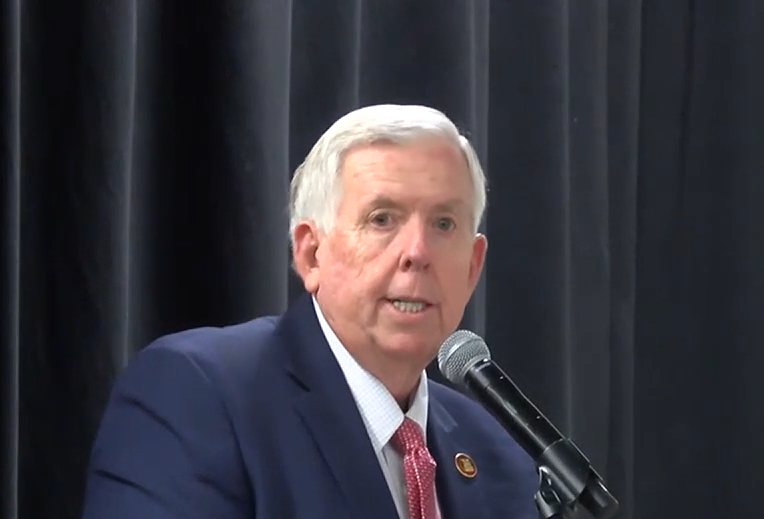
Governor Parson Highlights Infrastructure and Workforce Development
Governor Mike Parson opened his remarks by reflecting on his administration’s commitment to enhancing Missouri’s workforce and infrastructure since he took office in 2018. Parson underscored the substantial progress made in transportation infrastructure, citing the repair and replacement of over 140 bridges and improvements to 3,400 miles of road in Southeast Missouri alone.
“In the next six or seven years, you are going to see continuous work being done in the state of Missouri. That money is already there, it’s accounted for, and that work will happen in the near future,” Parson stated, emphasizing the long-term planning and funding secured for ongoing projects.
A significant portion of this funding stems from the Bipartisan Infrastructure Law, which has allocated millions of dollars to Missouri for various infrastructure projects, including transportation and broadband expansion. Governor Parson, aligning with the broader goals of the legislation, has supported these developments, recognizing their critical role in driving economic growth and improving residents’ quality of life.
“Infrastructure is the backbone of our economy,” Parson noted. “These investments are not just about roads and bridges; they’re about connecting communities, creating jobs, and ensuring that Missouri remains competitive on a national scale.”
Despite the clear benefits, the Infrastructure Act faced opposition from some Republican lawmakers, including Southeast Missouri’s own Representative Jason Smith. Smith argued that the legislation represented excessive government spending and would add to the national debt without adequately serving his constituents. Nevertheless, Governor Parson’s support and effective utilization of the funds have demonstrated the tangible advantages of the act for the region.
Beyond infrastructure, Parson highlighted efforts to expand broadband access across the state, aiming to provide adequate internet connectivity to every Missouri home within the next five years. “Access to reliable internet is no longer a luxury; it’s a necessity for education, healthcare, and business,” he asserted.
The governor also touted fiscal policies, including five income tax rate cuts, designed to put more money back into Missourians’ pockets and stimulate the economy. “When you let people spend their own money, they do exactly that… That’s what drives the economy,” Parson said, reinforcing his administration’s commitment to economic growth through tax relief and smart investments.
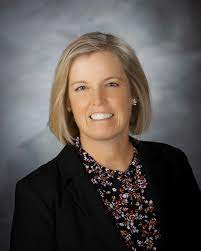
Mayor Kinder Focuses on Fiscal Responsibility and Public Safety
Cape Girardeau Mayor Stacy Kinder centered her address on the city’s dedication to hospitality, fiscal responsibility, public health, and safety. She praised the community’s welcoming nature, stating, “I’ve consistently heard from visitors that Cape is unique in its welcoming nature, in the natural warmth and helpful attitude of our residents.”
Discussing the city’s financial health, Mayor Kinder highlighted that 76% of the general fund is fueled by sales tax collection, with 69% of expenditures allocated to municipal employee salaries and benefits. She addressed the city’s significant debt load of over $87.7 million, much of which stems from revenue bonds used for essential infrastructure like the wastewater facility.
“For this reason, the city will continue to take a very conservative approach in budgeting in both receipts and expenses,” Kinder explained, emphasizing prudent financial management to navigate existing debts and fund essential services.
One pressing issue Kinder brought forward was the upcoming November vote on raising water rates to support the Cape Girardeau water system. She explained that current rates are insufficient to qualify for future state or federal funding and that the city lacks the capacity to absorb additional debt for necessary structural improvements.
Public safety was another critical focus, with Kinder expressing concern over a rise in gun-related crimes among young males in the city. In response, the Cape Girardeau Police Department has expanded its resources by adding new police dogs and establishing a gun violence task force.
“Citizens and business owners alike are concerned about their safety, property, and ability to live, work, and go to school without fear,” Kinder said. She noted that 61.5% of the upcoming fiscal year’s expenditures are dedicated to public safety, the highest priority in the city’s operational budget.
Furthermore, the mayor discussed the continuation of the police department’s co-responder unit, which handles mental health crises, now fully funded within the city’s budget after initial federal grant support. These initiatives, Kinder emphasized, aim to maintain Cape Girardeau as a hospitable and secure community for all residents and visitors.
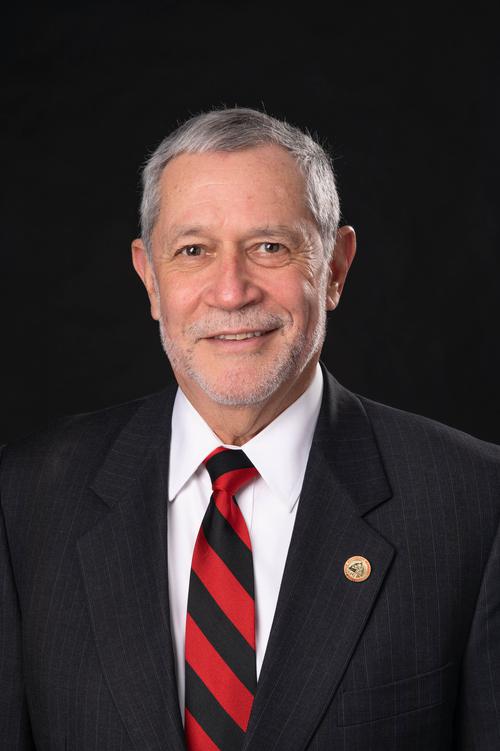
President Vargas Showcases University’s Economic and Educational Contributions
Southeast Missouri State University President Carlos Vargas highlighted the institution’s significant role in enhancing the region’s economy and quality of life. He noted that the university contributes nearly $1 billion in economic impact to the state through alumni contributions, university expenditures, and student spending in the local economy.
“SEMO is a smart investment for Missouri, not only for the students that earn their degrees here but also for taxpayers,” Vargas stated, underscoring the university’s value beyond traditional education metrics.
Vargas detailed the university’s expansion into innovative and market-relevant programs such as aviation management, cybersecurity, and drone technology, addressing emerging industry needs and providing students with cutting-edge skills. He announced plans to explore an airframe and powerplant program to further strengthen the university’s aviation offerings.
“We are a high-quality institution that strives to be as innovative as possible,” Vargas asserted. He emphasized SEMO’s commitment to being an engine of economic development through workforce training and professional development partnerships with local businesses.
These collaborations not only provide students with practical, hands-on learning experiences but also help meet the region’s labor needs by producing well-trained graduates ready to enter the workforce. “We value the partnerships we have with you and we want to develop even more,” Vargas told the audience, highlighting the mutual benefits of strong ties between the university and the local business community.
By monitoring market trends and engaging with industry leaders, SEMO continues to adapt its curriculum to ensure relevance and responsiveness to regional and global economic shifts. Vargas’s vision positions the university as a pivotal player in driving Southeast Missouri’s economic prosperity and societal advancement.
The State of the Community Luncheon underscored the collaborative efforts between state officials, local government, and educational institutions in advancing Southeast Missouri’s development. Despite political differences and challenges, the combined initiatives and strategic investments discussed by Governor Parson, Mayor Kinder, and President Vargas illustrate a shared commitment to improving infrastructure, enhancing public safety, and fostering economic growth in the region.
The effective utilization of funds from the Bipartisan Infrastructure Law, demonstrates the tangible benefits of federal investments when aligned with local and state priorities. As Southeast Missouri continues to develop its infrastructure, expand educational opportunities, and strengthen its economy, the collaborative spirit showcased at the luncheon serves as a foundation for future progress
